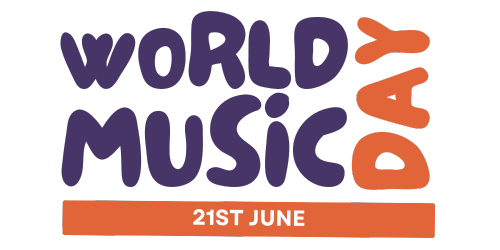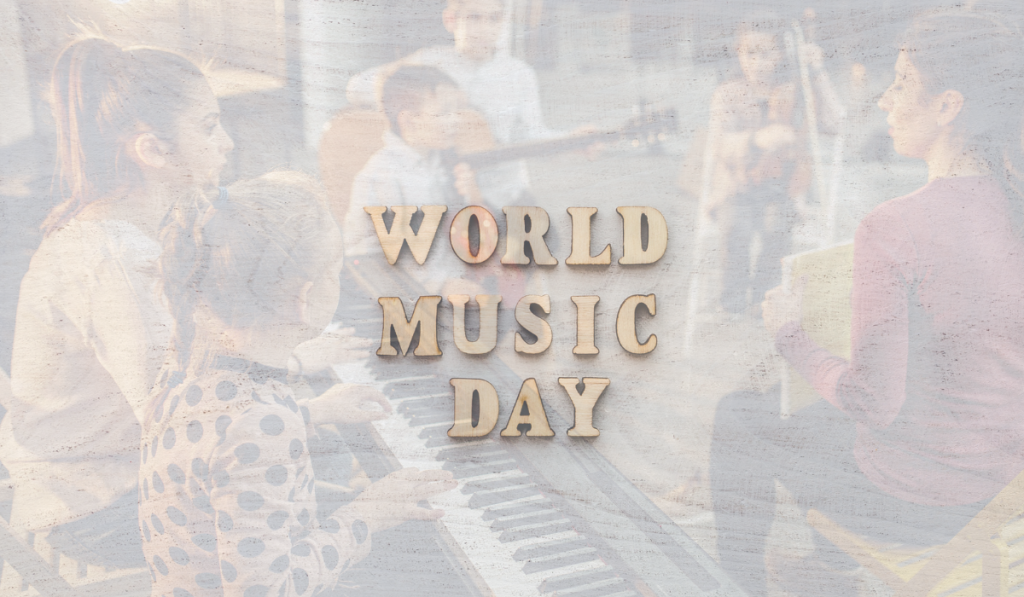Incorporating world music into primary school education is becoming increasingly important as our world becomes more interconnected and diverse. World music can provide many benefits for students’ cognitive development, cultural understanding and emotional well-being, making it a valuable addition to any primary school curriculum.
One of the main benefits of world music in primary school education is that it can help students develop a broader understanding of different cultures and societies. By listening to and learning about music from different parts of the world, students can gain a deeper appreciation for the diversity of human experience. They can also develop a greater understanding of different ways of life and the customs and traditions of different cultures. For example, if a student learns about the traditional music of India, they may learn about the importance of music in Indian culture, the role of music in religious ceremonies and the different instruments used in Indian music.
Another benefit of world music in primary school education is that it can help to improve students’ cognitive development. Music is an excellent tool for teaching skills such as language, memory, and spatial reasoning. Listening to music can also help students to develop their listening and concentration skills. Furthermore, playing music can improve fine motor skills and creativity. For example, if a student is learning to play a traditional African drum, they will need to use their fine motor skills to hold the drum and use their creativity to come up with different rhythms and beats.
World music can also be beneficial for students’ language development. Many world music songs are in different languages, which can be a great way for students to learn new vocabulary and practice listening skills. Additionally, world music can be a great way to introduce students to different languages and cultures in a fun and engaging way. For example, if a student is listening to a song in Spanish, they can learn new vocabulary and practice listening skills while also learning about the culture and customs of Spanish-speaking countries.
Incorporating world music into primary school education can also be beneficial for students’ emotional development. Music has the power to evoke emotions and create a sense of connection, which is important for children’s social and emotional well-being. For example, if a student is listening to a soothing traditional Chinese music, it can help them to relax and feel calm.
Overall, incorporating world music into primary school education can have many benefits for students’ cognitive development, cultural understanding and emotional well-being. It can be a valuable tool for teaching a wide range of skills and can provide a fun and engaging way for students to learn about different cultures and languages.
It’s important to note that when incorporating world music into the classroom, teachers should be mindful of cultural sensitivity and respect. It’s important to give a context and background of the music and culture, and acknowledge the importance of respecting different cultures and traditions. For example, if a teacher is incorporating traditional Native American music into the curriculum, they should make sure to provide information about the history and significance of the music to the Native American community, as well as respect any cultural practices or customs associated with the music.
In conclusion, incorporating world music into primary school education can be an excellent way to expand students’ cultural understanding and appreciation. It can also have many benefits for students’ cognitive development, emotional well-being, and language development. Teachers should consider incorporating world music into their curriculum to provide a well-rounded and engaging educational experience for their students. Not only it will enrich the students’ education but also it will give a chance for students to explore different cultures, customs and traditions. Furthermore, it will help them to understand the importance of respect and cultural sensitivity in our multicultural world.



